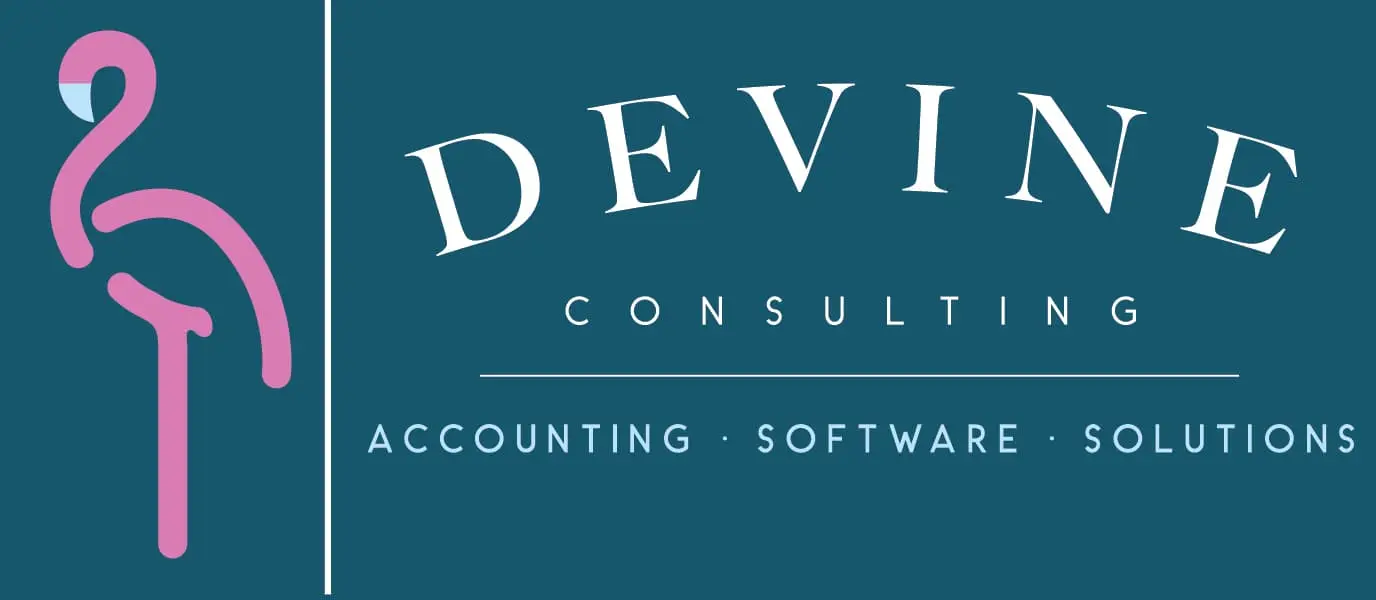In this guide, we’ll delve into different aspects of construction accounting, its significance, the standard tools used in this area, and its role in construction projects. From financial control and cost estimating to cash flow management, explore how accounting can benefit construction projects of all scales.
What Is Construction Accounting?
Construction accounting refers to the specialized system and processes used to track financial details and make strategic decisions for construction businesses. It includes the recording, reporting, and analyzing of financial transactions related to construction projects. This system involves working with various invoices, job cost sheets, retainage, revenue recognition standards, and other project-specific financial information.
This accounting process helps stakeholders, such as construction companies, project managers, and investors, maintain a firm grip on the project’s financial health and make informed decisions throughout its lifecycle.
The Difference Between Regular and Construction Accounting
Compared to regular accounting, construction accounting places a heavier emphasis on project-level financial data. It allows for accurate job costing and prevents construction businesses from accepting unreasonable contract terms. Construction accounting is more focused on cash flow, the current ratio, and includes retainage (a portion of the payment temporarily held from the contractor).
Common Tools and Software in Construction Accounting
Adopting the right construction accounting software is key to efficient operations. Features to consider in these tools include job costing, fixed asset accounting, and customized reports. They support managing accounts payable, accounts receivable, general ledger, current assets, and current liabilities.
Why Construction Project Accounting Is Necessary
1. Financial Control and Management
One of the primary reasons for implementing accounting in construction projects is the need for financial control and management. Construction projects often require substantial investments in labor, materials, equipment, and other resources. Proper accounting allows stakeholders to monitor and manage these financial resources efficiently.
Accounting systems provide real-time insights into project costs, revenue, and profitability, enabling project managers to promptly identify potential issues and take corrective actions. This level of financial control is critical for ensuring the project stays within budget and meets its financial objectives.
2. Cost Estimating and Budgeting
Accurate cost estimation is a cornerstone of successful construction projects. Without precise estimates, projects can quickly spiral out of control, leading to budget overruns and delays. Accounting is pivotal in cost estimation and budgeting by providing historical data and cost analysis.
By referencing past projects and tracking expenses meticulously, construction companies can develop more accurate cost estimates and budgets for future endeavors. This not only helps in securing financing but also in maintaining the project’s financial viability.
Contractors and construction companies have unique financial requirements. Devine Consulting can help you manage your business’s cash flow, process your payroll, and generate monthly reports to give you a financial overview of your company’s performance.
3. Cash Flow Management
Cash flow management is particularly critical in construction projects due to their extended durations and periodic funding requirements. Construction companies often need to balance cash inflows from project payments with cash outflows for labor, materials, and equipment.
Accounting systems enable companies to monitor cash flows in real-time, ensuring sufficient funds are available to cover expenses and meet financial obligations. Effective cash flow management helps prevent liquidity crises and keeps the project on track.
4. Compliance and Reporting
Construction projects are subject to various financial mandates and reporting requirements. Proper accounting ensures that all financial transactions are recorded accurately and that the project complies with accounting standards and contractual agreements.
Moreover, detailed financial reporting helps with transparency and accountability, which can be crucial for maintaining positive relationships with investors, lenders, and other stakeholders.
5. Risk Management
Construction projects are inherently risky due to factors like weather, unexpected site conditions, and supply chain disruptions. Accounting can aid in risk management by providing financial data that allows stakeholders to assess the impact of potential risks on the project’s financial health.
6. Resource Allocation
Efficient resource allocation is essential to optimize project performance. Accounting systems help track resource usage, making it easier to allocate labor, equipment, and materials where needed most. This minimizes waste and enhances project efficiency.
Construction Management Accounting vs. Project Management Accounting
To better understand the importance of accounting in construction, it’s also essential to distinguish between construction management accounting and project management accounting.
- Construction Management Accounting primarily focuses on the financial aspects of the construction company as a whole. It deals with overall financial control, budgeting, cash flow management, and financial reporting for the entire organization.
- Project Management Accounting, on the other hand, is project-specific. It concentrates on the financial aspects of individual construction projects, such as cost estimation, cost control, budgeting, and cash flow management for a particular project.
Both types of accounting are essential, and they complement each other. Construction management accounting ensures the company’s financial health, while project management accounting ensures the economic success of individual projects.
Key Takeaways
- Accounting for construction projects goes beyond simple number-crunching; it provides the financial control, cost estimation, budgeting, cash flow management, and compliance necessary to navigate the complexities of construction projects effectively.
- Whether you are a construction company, project manager, investor, or stakeholder, understanding the importance of accounting in construction can lead to better financial outcomes and more successful projects.
Let Devine Consulting Handle Your Construction Accounting Needs
Are you a construction company looking to take your business to the next level? Look no further than Devine Consulting. We’re here to help you revolutionize the way you manage finances. With our specialized accounting services for the construction industry, we can provide you with impeccable financial books, expert accounting services, and skilled financial controller services.
Don’t delay. Join The Flock and start writing your success story today!

